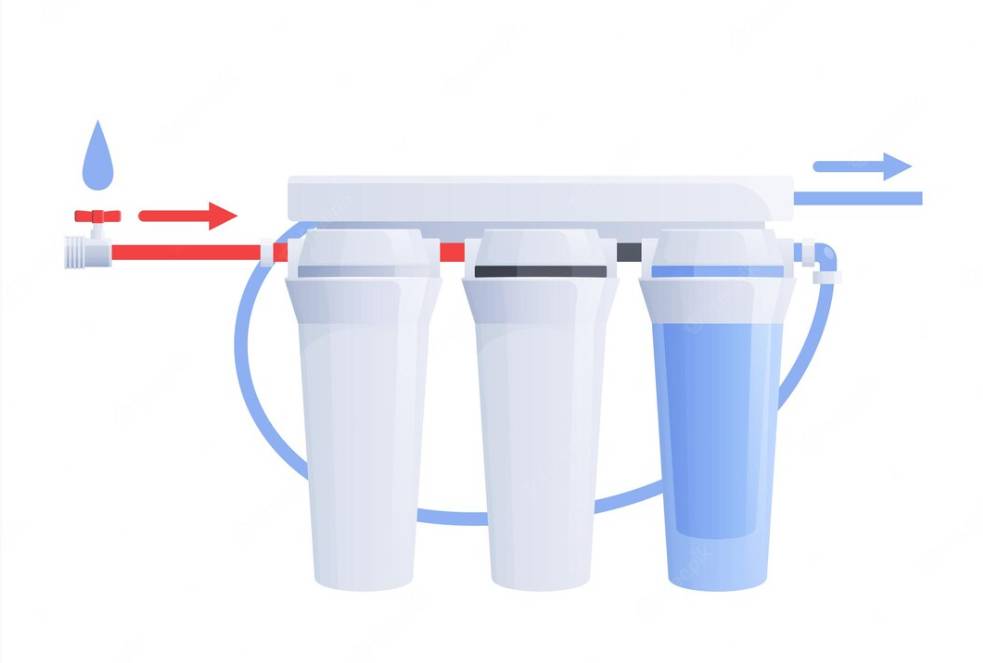In this article, find out what you need to know about water filter systems in order to decide which is the best option for you. The things covered are: how they work, the different types of systems available, and the common myths and facts you should know before buying one.
What is a water filter?
A water filter is a device that removes impurities and toxins from drinking water. It is important to have a good water filter system if you want to avoid getting sick from drinking contaminated water.
There are many different types of water filters, such as Refrigerator Water Filters, but all of them work in the same way. They use filtration media to remove contaminants from the water. The most common type of media used in water filters is activated carbon. Activated carbon absorbs toxins and other chemicals from the water, making it safe to drink.
Water filters can be expensive, but they are worth it if you want to avoid getting sick from drinking contaminated water. Make sure to buy a good quality water filter system and install it properly so that it can do its job properly.
Types of filters
Water filter systems can be classified into two types: mechanical and chemical.
Mechanical filters use sand or activated carbon to remove contaminants from the water. These filters are often replaced every six to 12 months, depending on how often you use the water. They are the most affordable type of water filter system and are typically used in homes and small businesses.
Chemical water filter systems use chemicals to remove contaminants from the water. These filters can last for years without needing to be replaced. They are typically used in institutional settings, such as hospitals and schools because they are more reliable than mechanical filters.
How do filters work?
Water filters work by removing contaminants and harmful chemicals from water. They do this by trapping particles and pieces of matter that are smaller than the filter’s pores. The small pieces of matter that are left behind are then removed by the filter’s scrubber.
There are a few types of water filters, each with its own advantages and disadvantages. Filters can be mechanical, chemical, or electronic.
Mechanical filters use a physical process to remove contaminants from water. They include sedimentation and sand filtration systems, which use sand to trap particles and grit. These systems can be very efficient, but they can also be slow and require a lot of maintenance.
Chemical filters use chemicals to break down contaminants into smaller pieces. These systems are usually more effective than mechanical filters, but they can also produce harmful byproducts. They include activated carbon filters, which remove chemical pollutants like pesticides and industrial chemicals.
Electronic water filters use electronic technologies to clean water. They include electronic absorption media (EMA) filters, which use an electronic grid to trap and absorb pollutants. EMA filters are sometimes called “ion exchange” filters because they use an ion exchange process to remove contaminants.
What are the benefits of a water filter system?
There are a number of benefits to having a water filter system in your home.
- One of the most important benefits is that a water filter system can help to improve the quality of your water. By removing impurities and bacteria from your water, you can improve its overall health.
- A water filter system can also help to reduce the number of pollutants in your water. By eliminating bad bacteria and impurities, you can reduce the number of toxins in your water. This could lead to improved health and fewer sick days.
- Finally, a water filter system can help to keep your home clean. By eliminating dirt, dust, and other debris from your water, you can improve the air quality in your home.











